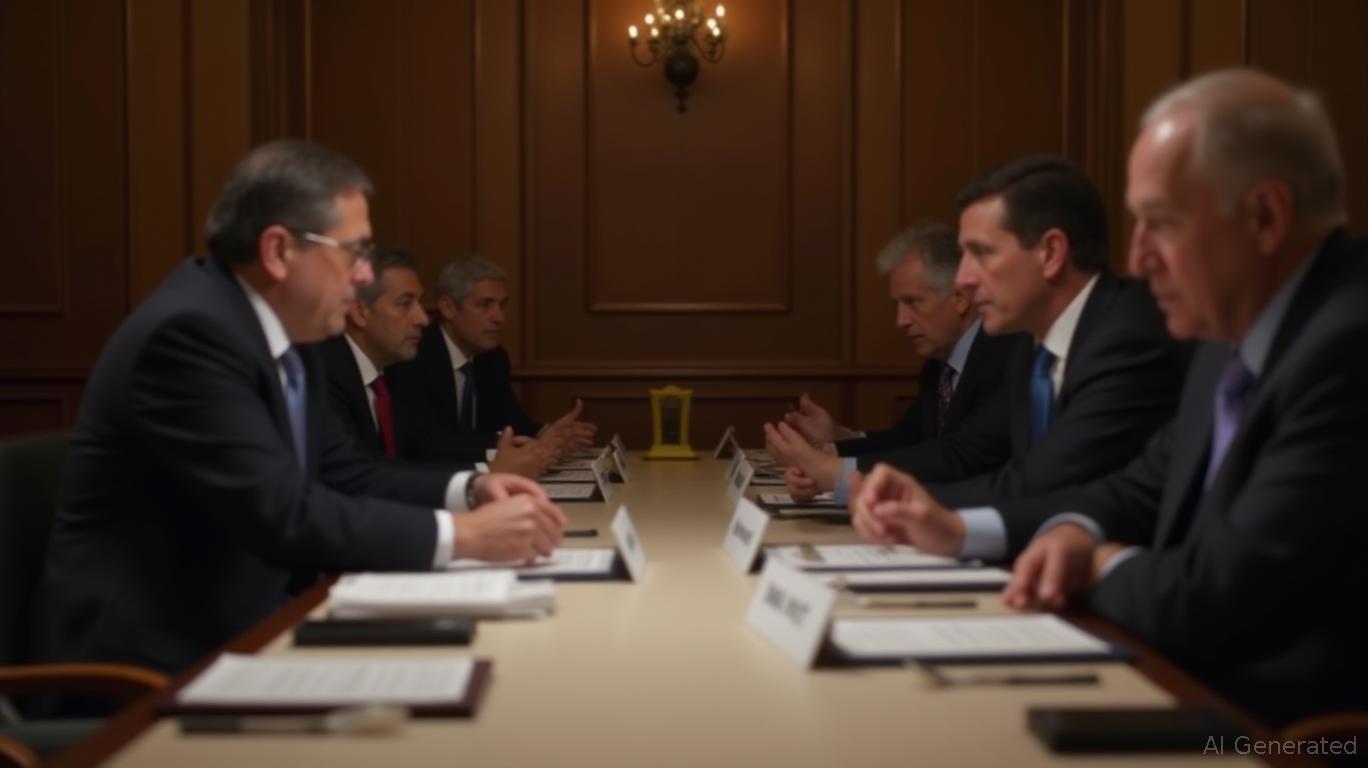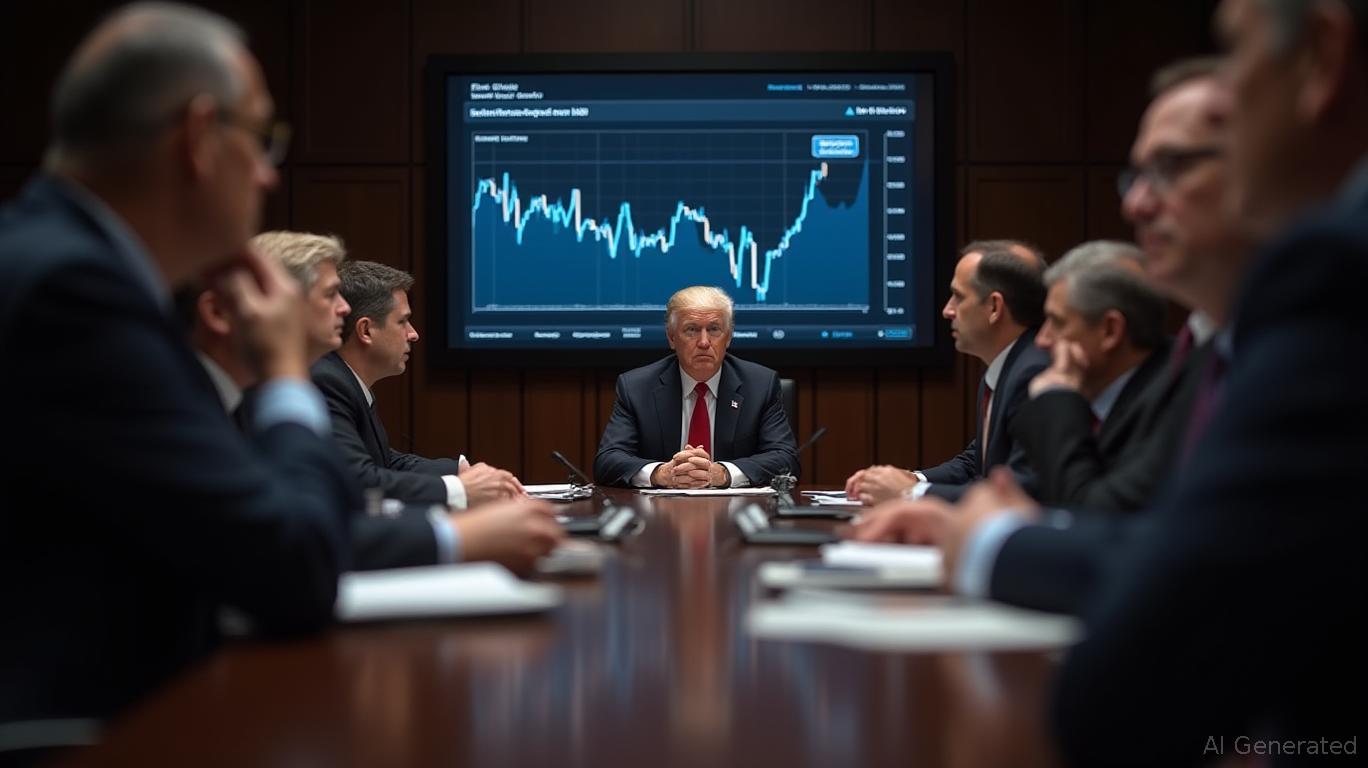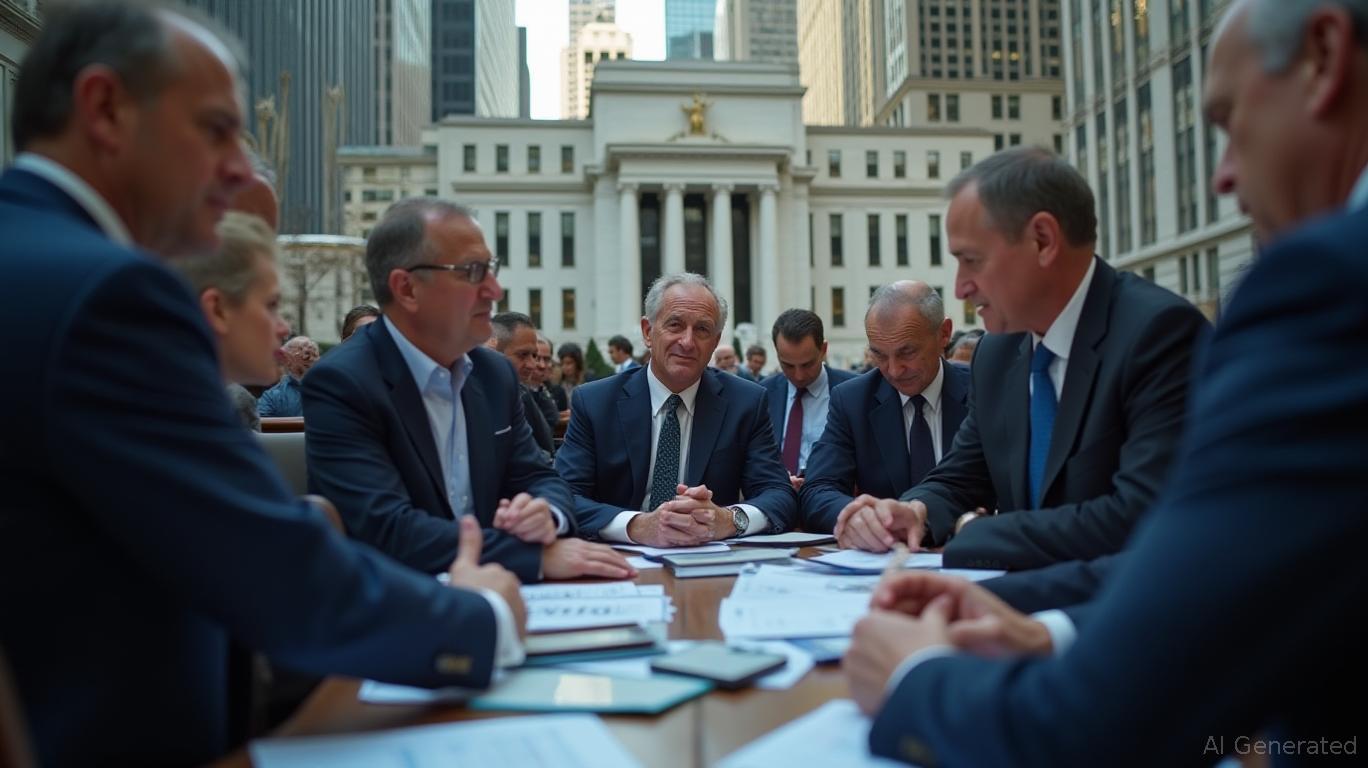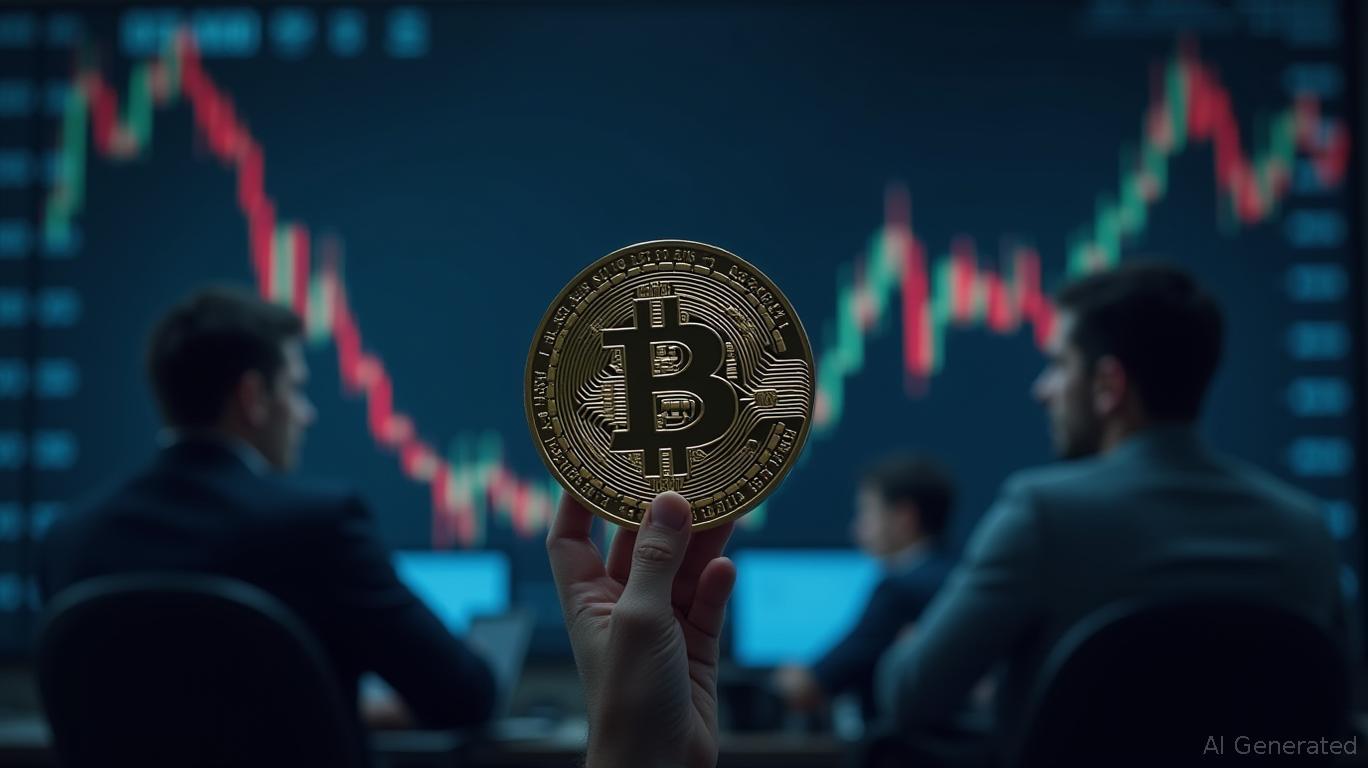Tether’s AI Initiative: Decentralization Efforts and Market Effects
- Paolo Ardoino addresses centralization in AI, suggesting impending decentralization.
- Tether invests significantly in AI expansion, aiming for a decentralized future.
- Tether’s AI projects may influence stablecoin and crypto markets.
Tether CEO Paolo Ardoino asserts that centralized AI companies act as ‘AI treasuries,’ centralizing data, but anticipates a shift towards decentralized AI. Tether’s initiatives like QVAC Genesis I aim to decentralize computation, moving away from closed systems.
Paolo Ardoino, CEO of Tether, comments on centralized AI firms acting as “AI treasuries,” emphasizing a shift towards decentralization soon.
Decentralization in AI could transform its ecosystem, impact markets and challenge existing centralized models.
The Tether CEO has openly critiqued the centralized structure of current AI labs, referring to them as “Artificial Intelligence Treasuries.” His prediction for a shift was shared on X. source
This viewpoint aligns with Tether’s release of QVAC Genesis I and QVAC Workbench, supporting decentralized structures.
Ardoino indicated that intelligence shouldn’t be centralized, preferring a model where individuals benefit directly. Tether’s initiative includes a significant $775 million investment in AI infrastructure. While AI tokens aren’t yet public, these decentralization efforts could impact USDT and related assets.
Tether’s CEO, Paolo Ardoino, stated, “Intelligence shouldn’t be centralized. It should belong to the individual, not the institution.” source
Tether’s plans could affect crypto markets by integrating AI more widely. However, despite market interest, no tangible regulatory announcements have been made. Currently, only community feedback and developer engagement shape Tether’s AI roadmap.
Potential outcomes of Tether’s AI activities include greater market integration and improved technical capabilities, which could lead to decentralized intelligence systems. Observers watch to see if Tether’s actions inspire further industry decentralization and regulatory adaptations.
Disclaimer: The content of this article solely reflects the author's opinion and does not represent the platform in any capacity. This article is not intended to serve as a reference for making investment decisions.
You may also like
"Brazil and United States Seek Trade Agreement as World Turns Toward Protectionism"
- Brazil's Lula and Trump discussed a trade deal during their ASEAN summit meeting, with Lula claiming Trump "guaranteed" a resolution despite U.S. tariffs on Brazilian goods. - The U.S. imposed 50% tariffs in July over legal actions against Bolsonaro, which Lula called "mistaken," presenting a written defense during talks. - Lula highlighted Brazil's $410B trade surplus with the U.S. and urged Trump to leverage Brazil's regional influence, including Venezuela diplomacy. - Brazil resumed chicken exports to

Fed Lowers Interest Rates as Data Remain Unclear Due to Shutdown, While Focus Shifts to Tech AI Profits and Trade Agreement
- The U.S. Fed cuts rates by 25 bps for the second consecutive meeting, signaling potential policy easing amid a government shutdown and global trade tensions. - Big Tech earnings spotlight AI monetization, with Microsoft's Azure and Amazon's AWS under scrutiny as $420B AI spending by 2026 drives growth but risks margin pressures. - A preliminary U.S.-China trade deal delays Trump's 100% tariffs and resumes soybean purchases, marking de-escalation after months of escalating tensions. - Fed's rate cut coinc

Bitcoin News Update: Investors Shift $7.4 Trillion as Federal Reserve Lowers Rates to Boost Economic Expansion
- Fed plans 2025 rate cuts to boost growth amid slowing economy, with 3% inflation above 2% target. - Markets expect 150-200 basis points of easing by 2026, driving $7.4T liquidity into stocks, Bitcoin, and bonds. - Wall Street indices surged on rate-cut optimism, with tech giants and Ford shares rising despite profit warnings. - Bitcoin gains traction via $26B ETF inflows, while global markets adapt to lower rates through stablecoins and regulatory scrutiny.

High-Yield BCH Encounters Earnings Fluctuations as Chile Navigates Political Uncertainty
- Banco de Chile (BCH) faces October 28 earnings scrutiny amid Chile's November presidential election, with bullish investors linking its performance to potential economic reforms under conservative candidate Kast. - Analysts project $0.64/share earnings and $784M revenue but assign a cautious $32 price target (3.6% below current price), citing BCH's volatile quarterly results including a 99.5% miss in March 2025. - The stock's 6.63% dividend yield and 19.98% five-year growth rate attract income investors,
